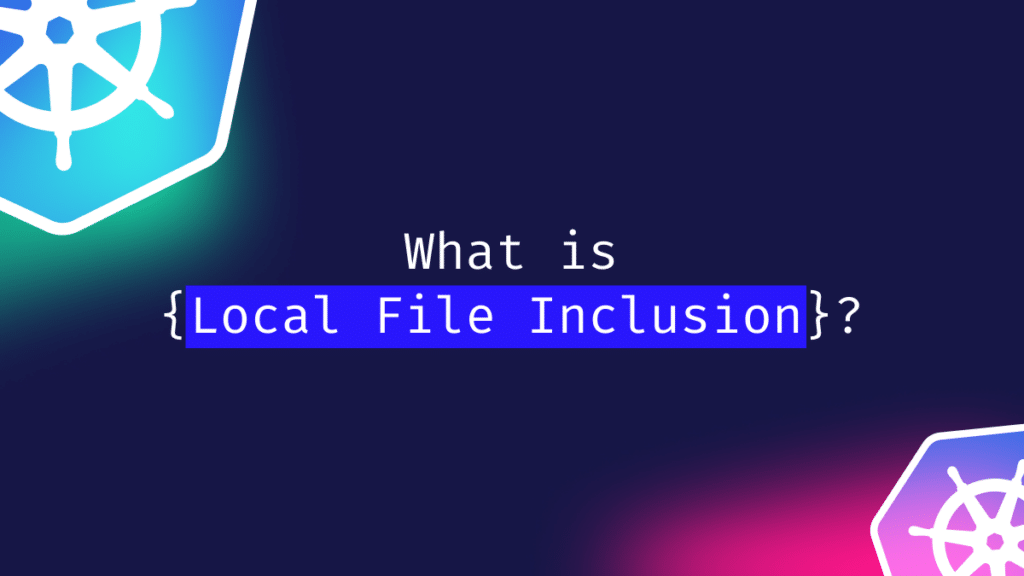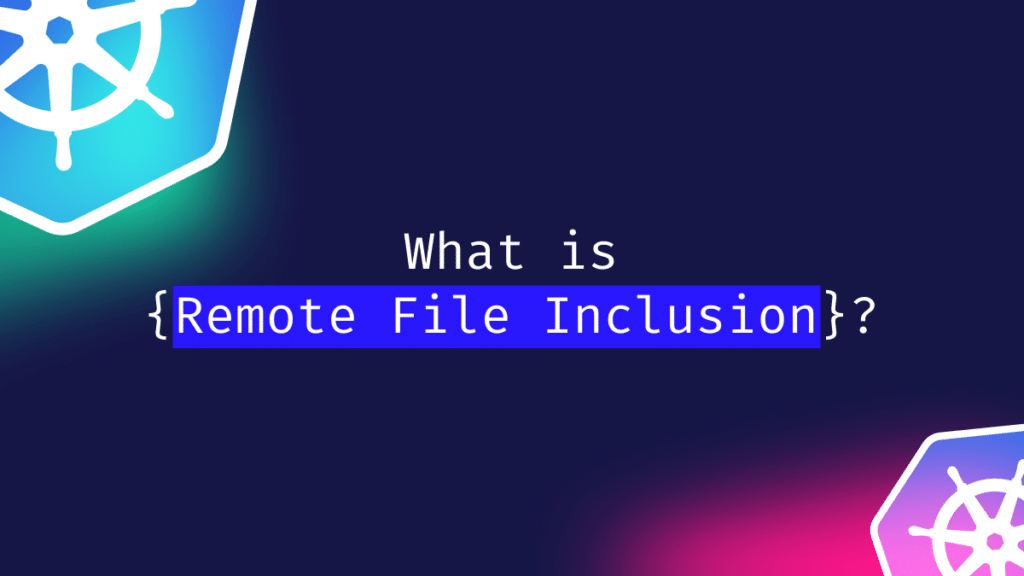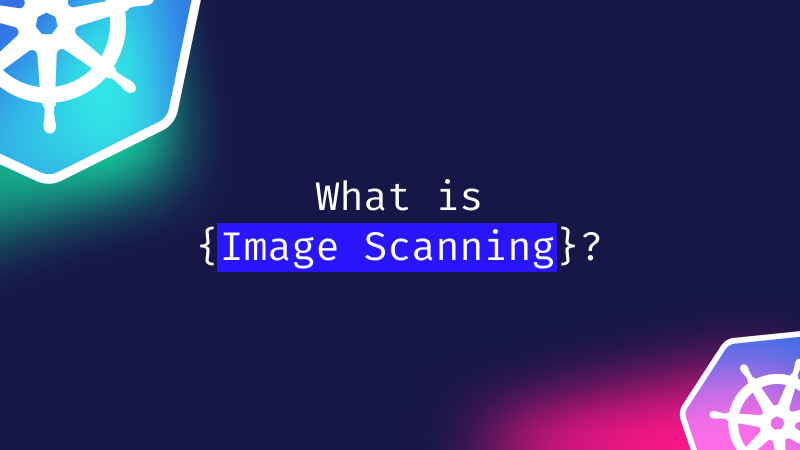Cloud Network Security
Cloud network security is essential for protecting cloud-based infrastructure, applications, and data from a wide range of cyber threats, ensuring the confidentiality, integrity, and availability of mission-critical resources.
What is Cloud Network Security?
Cloud network security refers to the practices and technologies that protect cloud-based networks and services from unauthorized access, data breaches, and other cyber threats. It’s a crucial cloud security component.
Cloud network security is particularly relevant in Kubernetes, as containerized applications’ dynamic and distributed nature requires a comprehensive approach to securing the network infrastructure that supports them. This includes considerations around cloud network security strategy, cloud security posture management (CSPM), and the shared responsibility model within Kubernetes environments.
Key Components of Cloud Network Security
Ensuring the security of cloud-based networks requires a multi-layered approach that addresses various critical components.
Firewall Management
Firewalls are a fundamental component of cloud network security, the first defense against unauthorized access to cloud-based resources. In cloud environments, cloud-native firewalls, such as AWS Security Groups and Azure Network Security Groups, are essential for controlling inbound and outbound traffic to and from cloud resources.
These cloud-native firewalls provide a flexible and scalable way to manage network security policies, enabling DevOps teams to quickly and easily configure rules to restrict access to specific ports, protocols, and IP addresses.
Network Segmentation
Network segmentation is a critical aspect of cloud network security, as it helps to isolate different components of the cloud infrastructure and reduce the attack surface. Network segmentation can be achieved in cloud environments through virtual networks, subnets, and access control lists (ACLs).
In Kubernetes, network segmentation can be implemented using Network Policies, which define rules for controlling the communication between pods and services. Additionally, service meshes like Istio can provide advanced network segmentation capabilities by managing the network traffic between microservices, enforcing security policies, and enabling secure communication between components.
Ensuring cloud workload security and implementing effective cloud detection and response mechanisms are important considerations for network segmentation in Kubernetes environments.
Network Encryption
Encryption is essential for protecting data’s confidentiality and integrity as it traverses the cloud network. Network encryption can be implemented in cloud environments using techniques like TLS/SSL, IPsec, and WireGuard.
In Kubernetes, network encryption can be achieved through the use of mutual TLS (mTLS) and Istio’s encryption capabilities, which help to secure the east-west traffic – communication between services within the cluster, and north-south traffic communication between the cluster and external systems.
Network Traffic Monitoring
Continuous monitoring of network traffic is a critical component of cloud network security, as it enables the detection and response to potential security threats. Network traffic monitoring can be achieved through intrusion detection and prevention systems (IDS/IPS), which analyze network traffic patterns to identify and mitigate malicious activities.
Leveraging a cloud-native application protection platform (CNAPP) solution can provide advanced network traffic monitoring and security capabilities in Kubernetes environments. Network traffic monitoring can be implemented using various tools and platforms, such as Prometheus, Grafana, and Istio’s observability features.
Key Features of Cloud Network Security Solutions
Continuous Monitoring
Effective cloud network security solutions provide continuous monitoring capabilities, enabling organizations to detect and respond to security threats in real time. This includes monitoring network traffic, identifying anomalies, and generating alerts for potential security incidents.
Automated Threat Detection
Advanced cloud network security solutions leverage artificial intelligence (AI) and machine learning (ML) algorithms to automate the detection of security threats. By analyzing network traffic patterns and identifying suspicious activities, these solutions can quickly identify and respond to potential attacks, reducing the risk of data breaches and other security incidents.
Policy Management
Robust cloud network security solutions offer comprehensive policy management capabilities, allowing organizations to define, enforce, and monitor security policies across their cloud infrastructure. This includes managing access controls, network segmentation, and other security configurations, ensuring the cloud environment is secure and compliant with relevant regulations and industry standards.
Compliance Reporting
Cloud network security solutions should provide features that assist with compliance and auditing, such as generating detailed reports on security events, policy violations, and other relevant metrics. This helps organizations demonstrate their adherence to regulatory requirements and industry best practices, mitigating the risk of penalties and reputational damage.
Importance of Cloud Network Security in Kubernetes Environments
Kubernetes presents unique challenges for cloud network security. The dynamic and distributed nature of containerized applications and the Kubernetes network architecture’s complexity can create vulnerabilities that need to be addressed. Challenges include:
- Creating and maintaining network policies.
- Securing east-west and north-south traffic.
- Ensuring the overall security of the Kubernetes cluster.
Despite these challenges, the benefits of implementing robust cloud network security in Kubernetes environments are significant. By securing the cloud networks, organizations can protect their cloud-based resources, ensure compliance with relevant regulations, and improve the overall performance and reliability of their Kubernetes deployments.
Cloud network security solutions designed for Kubernetes can help DevOps teams quickly and effectively address security concerns, enabling them to focus on delivering innovative applications and services.
Protecting Your Cloud Infrastructure
Cloud network security is a critical component of cloud computing and Kubernetes environments, serving as the foundation for protecting cloud-based infrastructure, applications, and data from a wide range of cyber threats.
By understanding the key components of cloud network security, such as firewall management, network segmentation, network encryption, and network traffic monitoring, organizations can develop and implement comprehensive security strategies that meet the unique requirements of their cloud-based deployments.




